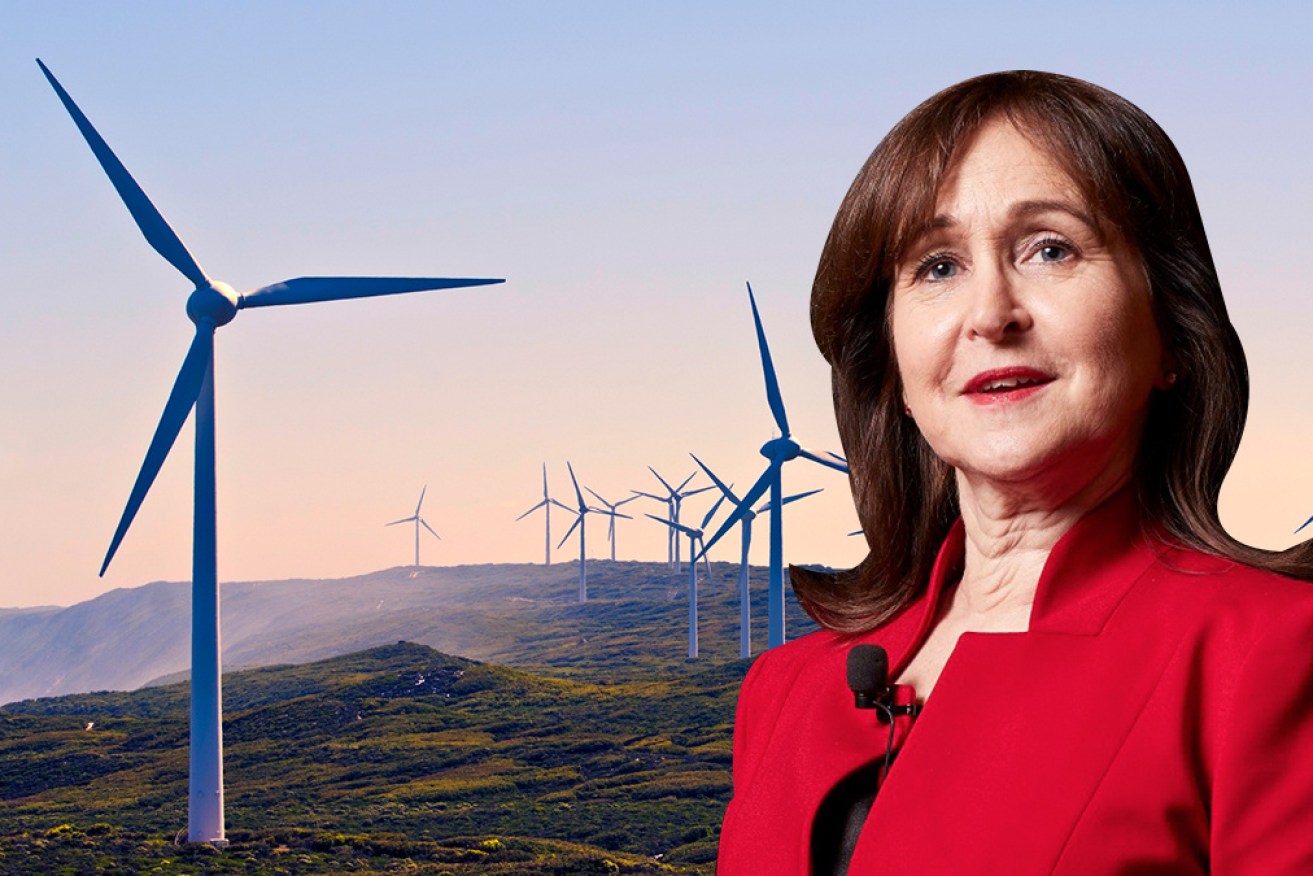HESTA locks in carbon-neutral pledge and dumps thermal coal


HESTA will abandon thermal coal to comply with Paris agreement targets, says CEO Debby Blakey.
Health industry super fund HESTA has unveiled a radical new plan to make itself greener and more sustainable.
The fund has committed to cut absolute carbon emissions from its $52 billion investment portfolio by 33 per cent by 2030.
And by 2050, HESTA plans to reach carbon neutrality in both investments and operations.
The move is a first by a major Australian super fund and will see it refuse to invest in companies that earn more than 15 per cent of their revenues from thermal coal.
It has also pledged to run a yearly examination of carbon emissions throughout its portfolio, commencing this July.
“Our Climate Change Transition Plan [CCTP] is set to be one of the most comprehensive of its kind undertaken by a superannuation fund, mapping out how we’re going to manage climate risk, align our actions to a below-two-degrees world and support the transition to a low-carbon economy,” said HESTA CEO Debby Blakey.
“We’ve been very thoughtful about how we’ve worked through this. Climate change is a real, material risk – we are very clear that it presents a financial risk to our portfolio,” Ms Blakey said.
Here’s the deal
Under the commitment Ms Blakey said HESTA’s approach will involve three objectives:
- “Active ownership. That means strong engagement with the organisations we invest in and the asset managers we partner with to use our seat at the table to use our voice to support that transition to low carbon
- “Thinking through how we invest particularly in renewable energy to support that transition to a low carbon economy
- “Being thoughtful about companies in which we don’t invest.”
“Climate change presents a financial risk to the HESTA’s investment portfolio and the world in which our members will retire,” Ms Blakey said.
“An urgent response is required and the actions within the CCTP have been thoughtfully and carefully designed to provide an effective and tangible response.”
HESTA began withdrawing from thermal coal in 2014 and has ramped up its investment screen to the current 15 per cent revenue limit.
“Our thermal coal investments were a very small percentage of our fund,” Ms Blakey said.
An ambitious target
Ultimately HESTA’s investment plans would see every company it invests in having net zero emissions across three dimensions.
The end result will mean no direct emissions from its activities, no emissions from electricity use (as its power providers would all be non-carbon emitting), and no emissions from the supply chains each company uses to supply parts and services.
The plan means HESTA has pledged to aligned itself with the Paris Agreement on climate change, which has a goal of keeping temperature increases below 2 degrees and as close to 1.5 degrees as possible.
To achieve that, it is estimated that the world would need to get to net zero emissions by the middle of the century.
“If efforts to improve the current trajectory of global warming are not successful, then we can expect an increase in the severity and frequency of damage from the physical impacts of climate change,” Ms Blakey said.
“There is no doubt that the social, environmental and economic cost of inaction is going to be far greater than the cost of responding to climate change.”
Dearth of local projects
Currently HESTA has $3 invested in renewable energy overseas for every $1 invested in Australia, but Ms Blakey said that needed to change.
“We would like to invest more in these types of opportunities in Australia,” she said.
“To do that, we need good opportunities in Australia and policy certainty to give rise to that innovation.”
Although the government has not yet delivered policy certainty after years of internal wars on energy and carbon, regulators are now calling for action.
“It’s really interesting that APRA has been so clear that climate change is a financial risk,” Ms Blakey said.
“They expect these risks to be mitigated and they see them as material, foreseeable and actionable now.”
The investment targets will be rolled out over time according to changes in the market. While thermal coal is now out the fund does not plan to divest other fossil fuel holdings in the short term.
The New Daily is owned by Industry Super Holdings








